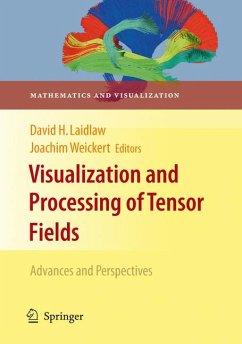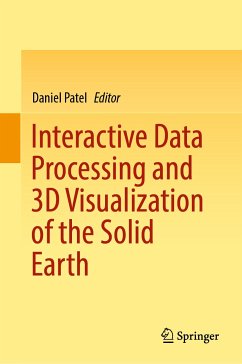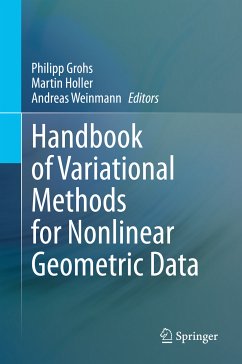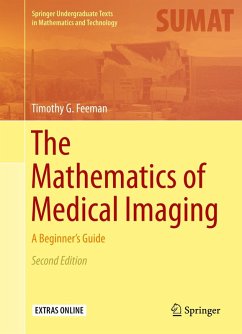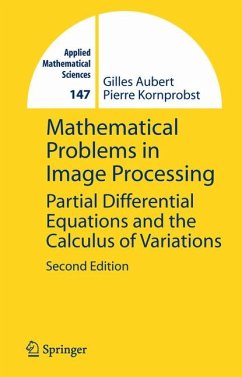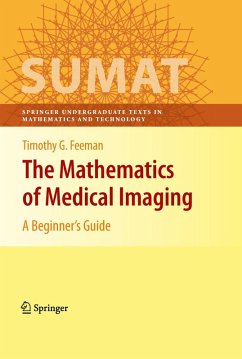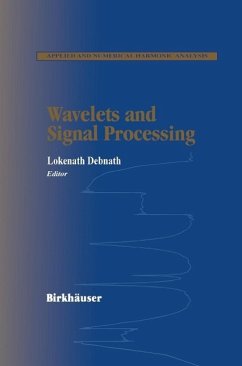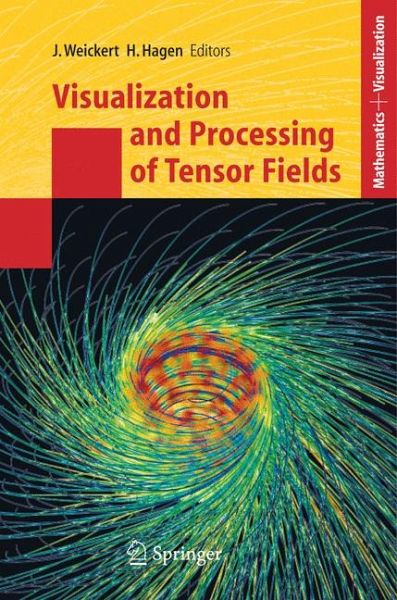
Visualization and Processing of Tensor Fields (eBook, PDF)

PAYBACK Punkte
36 °P sammeln!
Matrix-valued data sets - so-called second order tensor fields - have gained significant importance in scientific visualization and image processing due to recent developments such as diffusion tensor imaging. This book is the first edited volume that presents the state of the art in the visualization and processing of tensor fields. It contains some longer chapters dedicated to surveys and tutorials of specific topics, as well as a great deal of original work by leading experts that has not been published before. It serves as an overview for the inquiring scientist, as a basic foundation for ...
Matrix-valued data sets - so-called second order tensor fields - have gained significant importance in scientific visualization and image processing due to recent developments such as diffusion tensor imaging. This book is the first edited volume that presents the state of the art in the visualization and processing of tensor fields. It contains some longer chapters dedicated to surveys and tutorials of specific topics, as well as a great deal of original work by leading experts that has not been published before. It serves as an overview for the inquiring scientist, as a basic foundation for developers and practitioners, and as as a textbook for specialized classes and seminars for graduate and doctoral students.
Dieser Download kann aus rechtlichen Gründen nur mit Rechnungsadresse in A, B, BG, CY, CZ, D, DK, EW, E, FIN, F, GR, HR, H, IRL, I, LT, L, LR, M, NL, PL, P, R, S, SLO, SK ausgeliefert werden.




